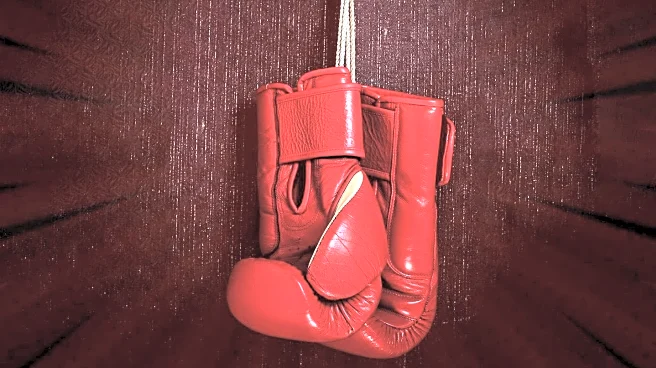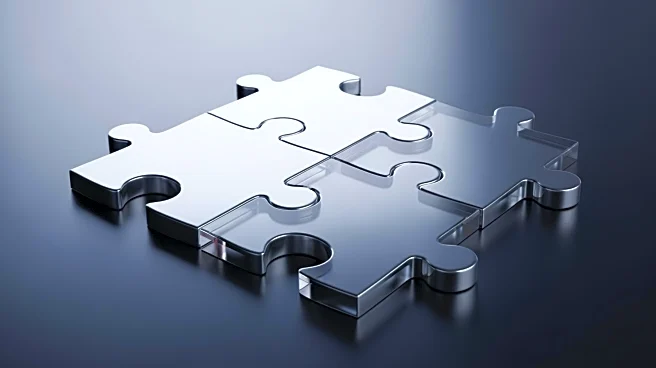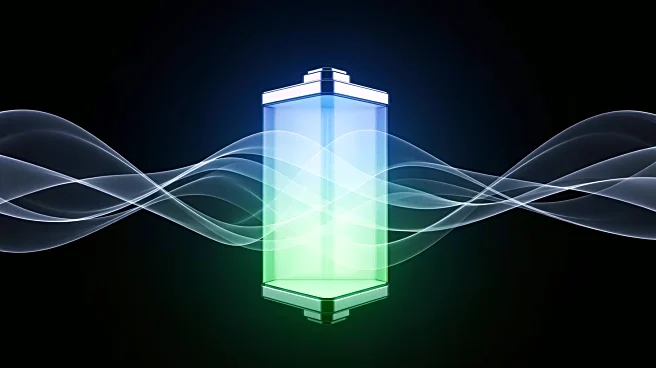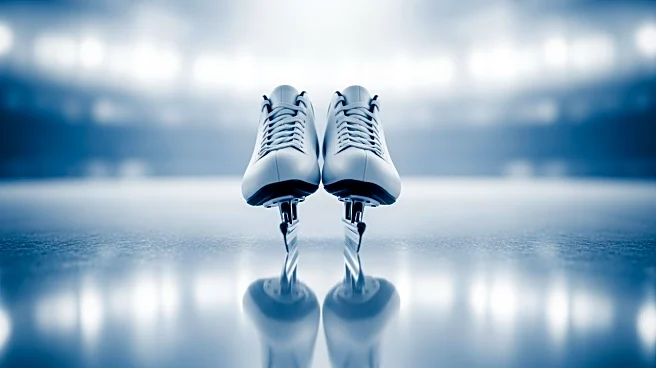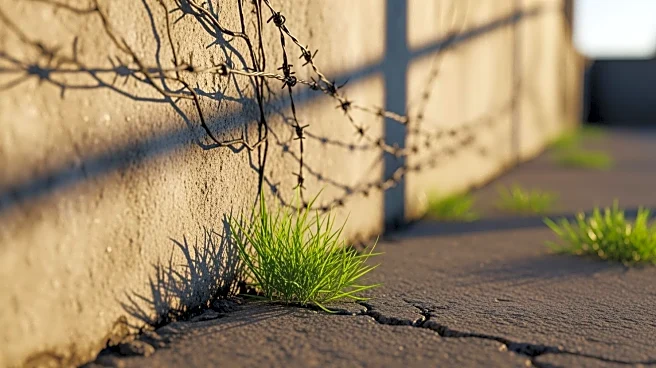What is the story about?
What's Happening?
Mike Gibbons, an 89-year-old from North Yorkshire, is the oldest competitor at the World Transplant Games. He has been participating in the event since 2008, a year after his wife Ann donated one of her kidneys to him. Gibbons recently won three silver medals and a gold in squash and athletics at the British Transplant Games in Oxford. Despite his age, he continues to compete in the under-90s age group at the World Transplant Games in Dresden, Germany. Gibbons carries a picture of his wife, who now lives in a care home due to dementia, to every race as a tribute to her life-saving donation. He developed kidney failure at 55 and was on dialysis before receiving the transplant. The surgery, performed in Bradford, was successful, allowing him to live a full life again.
Why It's Important?
The story of Mike Gibbons highlights the profound impact of organ donation on individuals' lives. His participation in the Transplant Games serves as an inspiration, showcasing the possibilities of life post-transplant. It underscores the importance of organ donation, which can significantly extend and improve the quality of life for recipients. Gibbons' story also brings attention to the emotional and personal aspects of organ donation, emphasizing gratitude and the enduring bond between donor and recipient. This narrative may encourage more people to consider organ donation, potentially increasing the number of available organs for those in need.
What's Next?
As Gibbons approaches his 90th birthday, he plans to celebrate with a trip to the Antarctic, reflecting his adventurous spirit and zest for life. His continued participation in the Transplant Games and his public gratitude towards his wife and medical team may inspire others to engage in organ donation discussions. The medical community and organ donation advocates might use stories like Gibbons' to promote awareness and encourage more people to register as organ donors.
Beyond the Headlines
Gibbons' story also touches on the challenges faced by aging athletes and the role of sports in maintaining health and vitality in older age. It highlights the potential for sports to provide a sense of purpose and community for transplant recipients, fostering both physical and emotional well-being. Additionally, it raises awareness about the ongoing need for support and care for both donors and recipients, particularly as they age.
